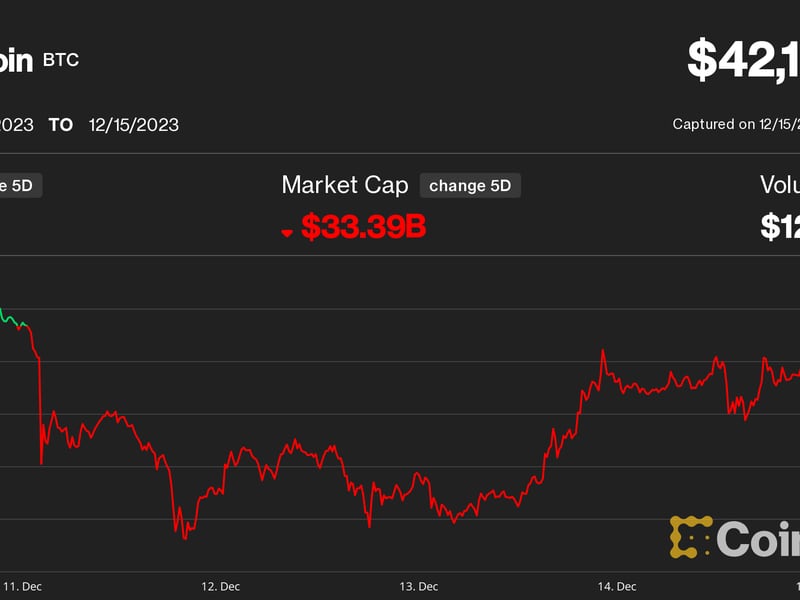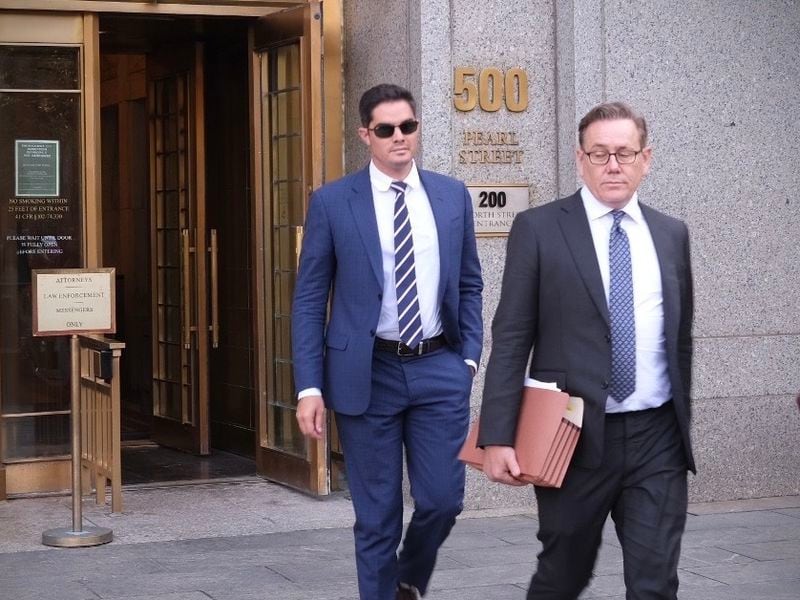U.S. House Fails to Override Biden’s SEC Veto of Bill That Would End Controversial SEC Guidance
-
A U.S. House of Representatives vote on whether to override a veto from President Joe Biden failed on Wednesday, leaving the Securities and Exchange Commission’s crypto accounting policy intact.
-
Rep. Maxine Waters, one of the central Democratic negotiators on crypto legislation, said the SEC and the banking industry are in talks to change the controversial accounting policy.
A strong majority of the U.S. House of Representatives voted against President Joe Biden’s defense of the Securities and Exchange Commission’s contentious crypto accounting policy, but the turnout fell well short of the two-thirds of the House needed to override the president’s recent veto.
Biden had vetoed Congress’ earlier bipartisan effort to erase the securities regulator’s policy known as Staff Accounting Bulletin 121 (SAB 121), which 21 Democrats joined a majority of Republicans in supporting in May. The same number of Democrats joined the opposition in a Thursday vote seeking to negate the president’s intervention. It had been expected to fall short, but the crypto industry hoped for further proof of widespread support among U.S. lawmakers. Only 228 lawmakers voted in favor of the bill, against 184 nays. One Republican joined the dissent.
SAB 121 advised public companies – most notably banks – that customers’ crypto assets in banks should be held on the banks’ own balance sheets. That put digital assets in a unique custody category, and SEC Chair Gary Gensler has said it was an agency reaction to the industry turmoil that saw customers’ assets get locked into crypto companies’ bankruptcies. But the policy also threatened banks with higher capital demands if they handle customers’ cryptocurrency.
The debate over this policy nearly became moot this week, according to Rep. Maxine Waters (D-Calif.), who said the SEC has been negotiating with banking industry representatives about “targeted modifications” to the policy and “may be close to reaching an agreement.” But she noted that “Republicans are pushing ahead anyway with this blunt and overly broad approach” that she said would undermine the regulator.
“There is bipartisan agreement in both chambers of Congress that SAB 121 is nothing more than a punitive, anti-digital asset tool deployed by the SEC,” countered Kristin Smith, CEO of the Blockchain Association, in an emailed statement. “And there’s clear consensus that the SEC’s view on digital assets is flawed.”
After a Government Accountability Office review found the SEC had erred in treating the policy as guidance rather than as a formal rule, Congress voted to overturn the rule through the Congressional Review Act (CRA), and Biden vetoed.
“The president ignored bipartisan support in Congress to avoid embarrassment for his rogue SEC chair,” said Cody Carbone, chief policy officer for the Digital Chamber that represents the crypto industry in Washington.
Biden’s defense of the SEC was at least partially based on the scorched-earth outcome of a CRA purge, which won’t let the agency consider any similar policies in the future. A statement from the president had said that overturning the policy “would inappropriately constrain the SEC’s ability to set forth appropriate guardrails and address future issues.”
In May, the House voted 228-182, to overturn the SEC policy. The Senate followed suit, with 11 Democrats joining all the Republicans in seeking to erase SAB 121. In both cases, the Democrats were openly defying Biden’s threat to veto the resolution.
On Wednesday, dozens of prominent crypto industry figures met with lawmakers and a White House representative in a roundtable that sought to air some of the differences between the sector and the Biden administration.
Anita Dunn, a senior adviser to Biden, “really seemed to listen and want to understand the concerns that we had,” Paul Grewal, Coinbase’s chief legal officer, told CoinDesk in an interview. He said the industry called for a strong White House signal that it’s willing to catch up to Republicans in supporting crypto. “Really, the choice is now up to them.”
Edited by Nikhilesh De.
Disclosure
Please note that our
privacy policy,
terms of use,
cookies,
and
do not sell my personal information
has been updated
.
CoinDesk is an
award-winning
media outlet that covers the cryptocurrency industry. Its journalists abide by a
strict set of editorial policies.
In November 2023
, CoinDesk was acquired
by the Bullish group, owner of
Bullish,
a regulated, digital assets exchange. The Bullish group is majority-owned by
Block.one; both companies have
interests
in a variety of blockchain and digital asset businesses and significant holdings of digital assets, including bitcoin.
CoinDesk operates as an independent subsidiary with an editorial committee to protect journalistic independence. CoinDesk employees, including journalists, may receive options in the Bullish group as part of their compensation.
:format(jpg)/www.coindesk.com/resizer/x37dWM_1ORxU2nCUG8EyVsmvF4Y=/arc-photo-coindesk/arc2-prod/public/3CZRUU6QWVDQ5PSXCNWHUB6CY4.png)









